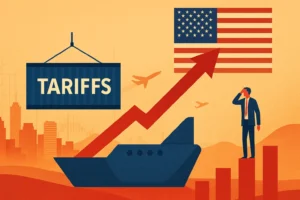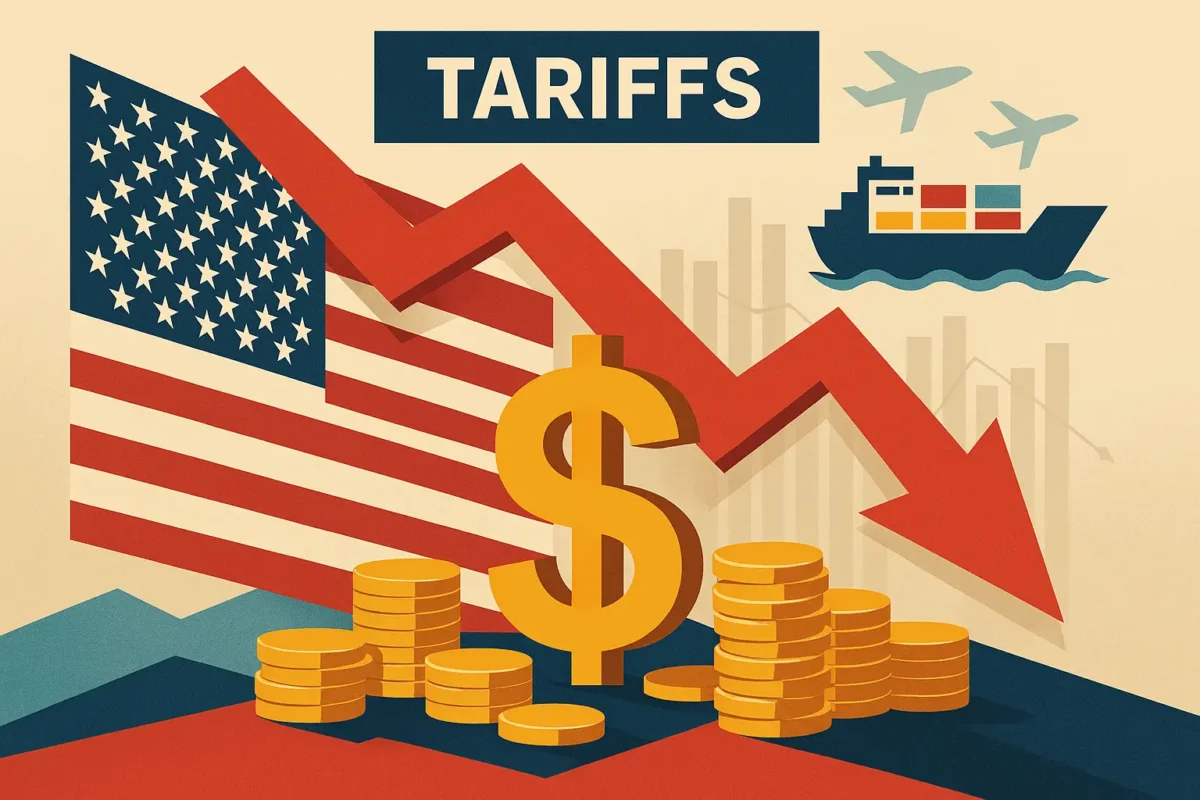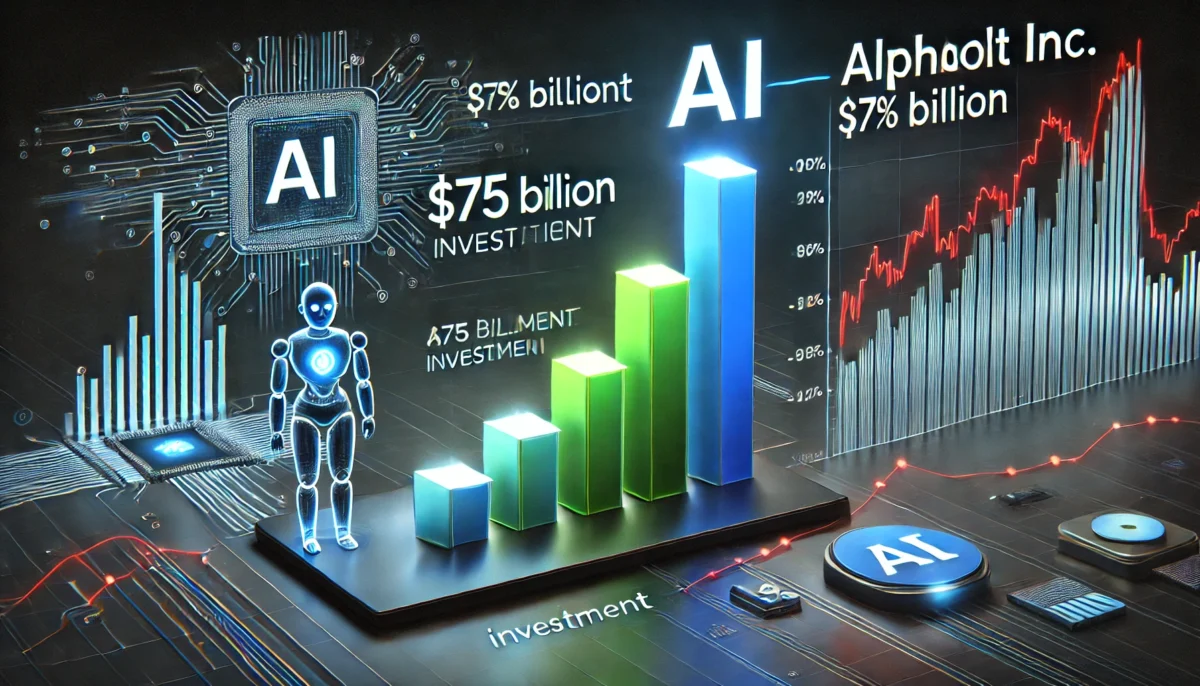In a bold move, Alphabet Inc., Google’s parent company, has announced plans to invest $75 billion in artificial intelligence (AI) infrastructure in 2025, marking a significant increase from the $52.5 billion allocated in 2024. This substantial investment underscores Alphabet’s commitment to advancing AI capabilities.
Investor Concerns Emerge
Despite the ambitious vision, the announcement has raised concerns among investors. Following the news, Alphabet’s stock experienced a notable decline, dropping approximately 8% and resulting in a loss of over $200 billion in market value. This reaction reflects apprehension about the company’s escalating expenditures amid decelerating revenue growth.
Cloud Revenue Growth Slows
Adding to investor unease is the performance of Google’s cloud computing division. In the fourth quarter, cloud revenue increased by 30% to $12 billion, falling short of analysts’ expectations of a 33% rise to $12.19 billion. This slowdown has prompted questions about the immediate financial returns of Alphabet’s AI investments.
Competitive Pressures Intensify
The competitive landscape further complicates Alphabet’s position. Chinese AI startup DeepSeek has developed a competitive AI model at a fraction of the cost incurred by U.S. tech giants. This development has intensified scrutiny over Alphabet’s substantial capital expenditures and raised questions about the efficiency and effectiveness of its investment strategy.
Analyst Perspectives
Financial analysts have expressed mixed reactions to Alphabet’s spending plans. UBS has lowered its price target for Alphabet to $191, citing the need for new Google products to justify the heightened investment. Similarly, JPMorgan reduced its price target to $220, highlighting concerns over the company’s capital allocation. Conversely, Bank of America maintains a “buy” rating with a $225 price target, citing potential growth from increased cloud capacity and search monetization benefits.
Conclusion
Alphabet’s substantial investment in AI infrastructure underscores its commitment to maintaining a leading position in the rapidly evolving tech landscape. However, the associated investor concerns highlight the challenges of balancing innovation with financial prudence. As the company moves forward, demonstrating tangible returns on these investments will be crucial to assuage stakeholder apprehensions and affirm the strategic value of its AI initiatives.
Stay informed about the latest developments in AI and technology investments by following our blog for more updates.



